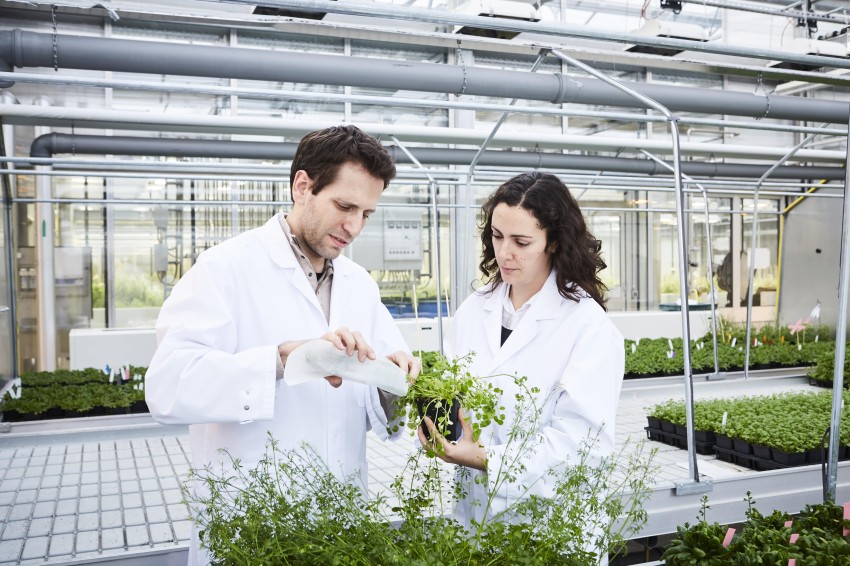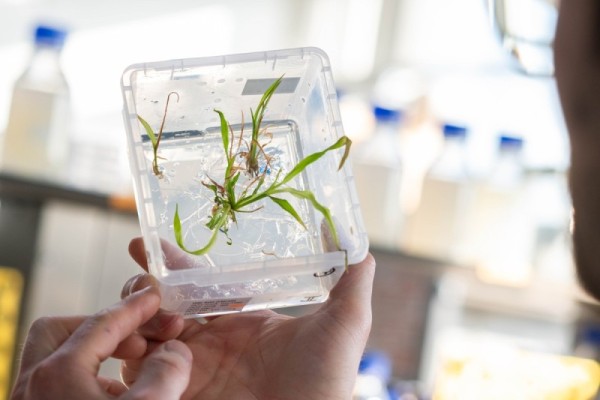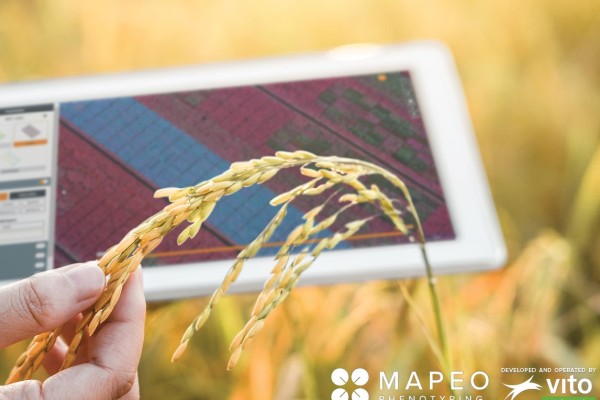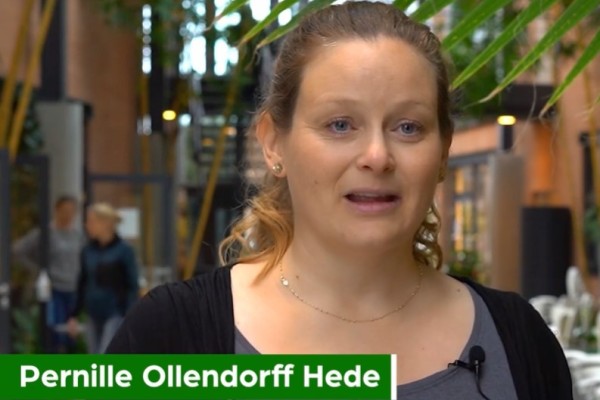Growing food demands imposed by an increasing population and the effects of climate change pose huge challenges for sustainable food production and ecosystem conservation.
CEPLAS conducts fundamental plant research to identify genetic design principles of complex and agronomically relevant traits. This knowledge is crucial to predict plant performance in different environments and enable ab initio trait design to optimize plant performance in diverse environmental contexts. CEPLAS is organized in four research areas:
1. Optimizing Plant Performance by Mapping the Interface between Development and Metabolism
2. Plant Microbiota Metabolic Networks and Edaphic Adaptation
3. Synthetic and Reconstruction Biology
4. Theoretical Plant Biology and Data Science
CEPLAS aims to assemble a blueprint of the genetic mechanisms that control complex traits with sufficient detail for the design of new crop varieties by predictive trait engineering. Furthermore, the knowledge gained in this research serves as a basis for the development of innovative (biological) plant protection and plant nutrition concepts.
CEPLAS integrates the resources of the Universities of Cologne and Düsseldorf, the Max Planck Institute for Plant Breeding Research, and the Forschungszentrum Jülich into an internationally leading plant science center that attracts world class faculty and junior researchers. The cluster unites nearly 150 researchers collaborating in a highly interdisciplinary environment, with experimental scientists from plant genetics, breeding, developmental biology, plant biochemistry as well as theoretical researchers from computational biology, synthetic biology and modelling.
CEPLAS also develops and promotes innovative training programs for early career scientists. First class training and study programs for students, doctoral and postdoctoral researchers will provide the next generation of plant scientists with the know-how and skills necessary for the improvement of sustainability in agricultural and horticultural plant production systems. Recent advances in technology and methodology demands a rethinking and redesign of plant science training. The CEPLAS training programs offer training courses in quantitative biology, synthetic biology, and computational approaches. For undergraduate students, the cluster has implemented a new, international Bachelor Study Program in Quantitative Biology. Within the Graduate School, currently more than 50 PhD students work on their dissertation research. On the (senior) postdoc level more than 30 scientists implement the Cluster’s research program.
CEPLAS also supports the transfer of research results into socio economic exploitation. A variety of training programs for gaining knowledge and skills crucial for successful research transfer, systematic scouting for application relevant research results, intensive interaction and cooperation with the private sector, and stimulating entrepreneurship in the community of CEPLAS scientists are key elements of the research transfer program.
"The development of innovative strategies for sustainable food production is one of the greatest challenges today. CEPLAS conducts fundamental plant research, develops excellent training programs for future experts in plants science, engages in science communication and develops strategies for transfer of fundamental scientific research into application. As such CEPLAS contributes to the development of knowledge based strategies for food security, economic and environmental sustainability, and the mitigation of climate change.”, says Prof. Maria von Korff Schmising, Speaker of CEPLAS.
Several CEPLAS members will participate in the CROP Innovation & Business conference 2024.







